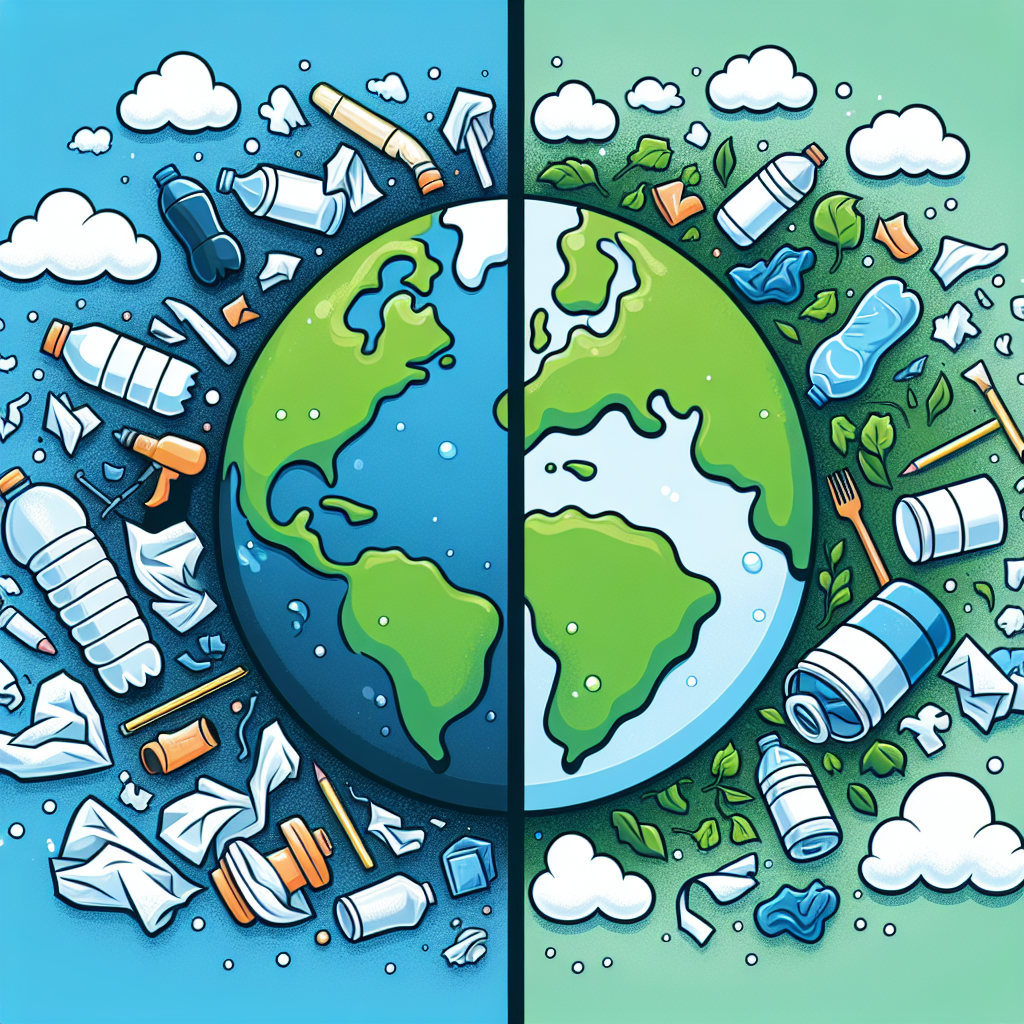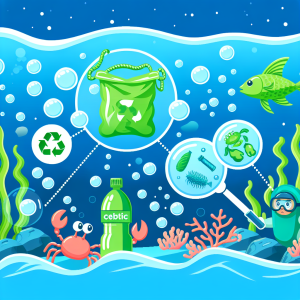
UN Plastic Treaty Talks: Stalemate
The recent collapse of the United Nations plastic treaty talks marks a downward moment for global environmental policy, particularly in the fight against climate change. Despite high hopes for an agreement to curb plastic pollution, the negotiations ended without consensus, highlighting the complexities of international cooperation on environmental issues.
The Stalemate Explained
At the heart of the negotiations was a contentious debate over limiting plastic production and regulating harmful chemicals. Reports from UN Environment Programme indicate that countries struggled to agree on binding measures necessary to tackle the ever-growing plastic crisis.
The stakes were high.
In 2022, at a historic UN Environment Assembly, countries committed to creating a legally binding agreement by 2024 aimed at ending plastic pollution. However, as the recent talks showed, reaching consensus is fraught with challenges, particularly when it involves reshaping industries tied to global economies.
A Global Impact on Climate Agenda
Plastic pollution is not only a threat to biodiversity but also contributes to climate change. As Carbon Brief reported, tackling plastic waste is crucial because its production and incineration are set to contribute significantly to future greenhouse gas emissions.
It is clear that without a unified global response, the goal of reducing these emissions in alignment with the Paris Agreement becomes even harder to achieve. The broader environmental impact of this failure underlines the need for cohesive climate action that incorporates the regulation of plastics.
Looking Forward: Continuing the Climate Change Fight
While the current treaty talks ended in deadlock, there remains hope for future progress. International forums such as the upcoming INC-5.2 offer opportunities for countries to reconvene and negotiate frameworks that balance economic interests with environmental imperatives.
Moreover, the push for increased literacy and awareness about plastic’s role in the climate landscape is crucial. A comprehensive article by Mongabay suggests that adopting regional treaties or focusing on specific aspects like single-use plastics might offer a viable path forward.
The Broader Implications for Policy and Action
The collapse of these talks serves as a wake-up call about the challenges inherent in global environmental treaty-making. As nations juggle economic growth with environmental stewardship, the need for pragmatic, science-backed approaches becomes evident. As Climate Change News notes, maintaining ambition while striving for consensus is a delicate balance but one that’s essential for the planet’s future.
‘Consensus kills ambition,’ some analysts argue, yet without it, comprehensive climate action remains elusive. This paradox highlights the critical role of diplomacy and the need for innovative policy solutions.
In conclusion, while the failure to agree on a UN plastics treaty is a setback, it reiterates the urgent need for coordinated global efforts in environmental policy. Only with such actions can we hope to mitigate the severe impacts of climate change and secure a sustainable future.



